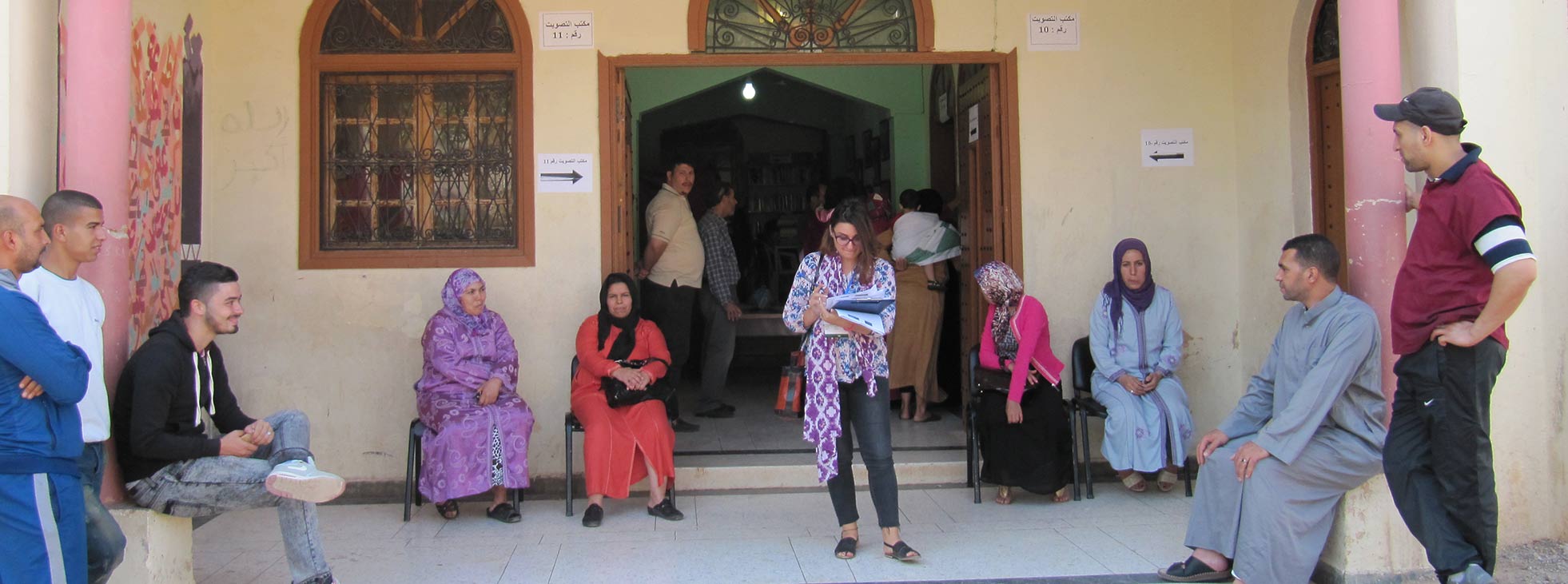Country in Focus: Morocco

The Kingdom of Morocco, known as the Maghreb or the “Arab West”, boasts a rich culture with Arab, Berber, European and African influences. Morocco has been appointed the status of non-NATO ally by Washington, which has praised Morocco for its support for the U.S.-led war on terror.
In the early to mid-1900s, Morocco was a French protectorate and has since developed into a constitutional monarchy. Morocco has also continued to play an important role in the Middle East Peace Process, but has also been under international scrutiny for human rights violations against political opposition groups.
Amid the historic Arab Spring events that swept through the Middle East and North Africa in early 2011, Morocco initiated important political and social changes of its own with King Mohammed VI spearheading the drafting of a new Constitution, as well as laying out a broad range of reforms in response to increasingly urgent demands for more democratic governance and better economic opportunities.
However, despite the announced reforms, the protests did not cease. The King thus ordered the constitution to be revised with one important change being an alteration to the voting system: the inclusion of 90 additional seats for candidates (60 female and 30 male) under the age of 40. The new revisions were legitimized and codified in the constitution by a national referendum on 1st of July 2011.